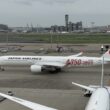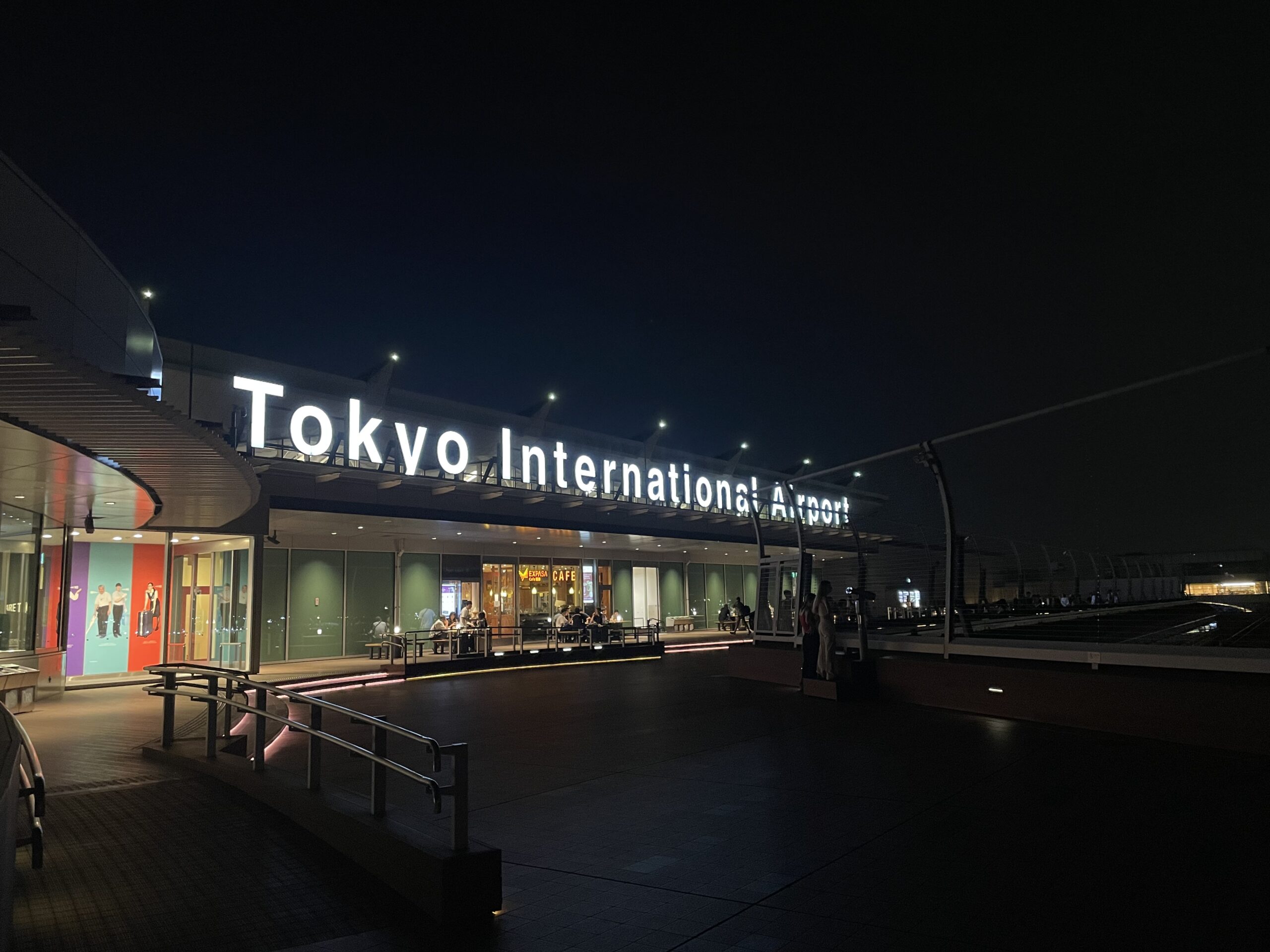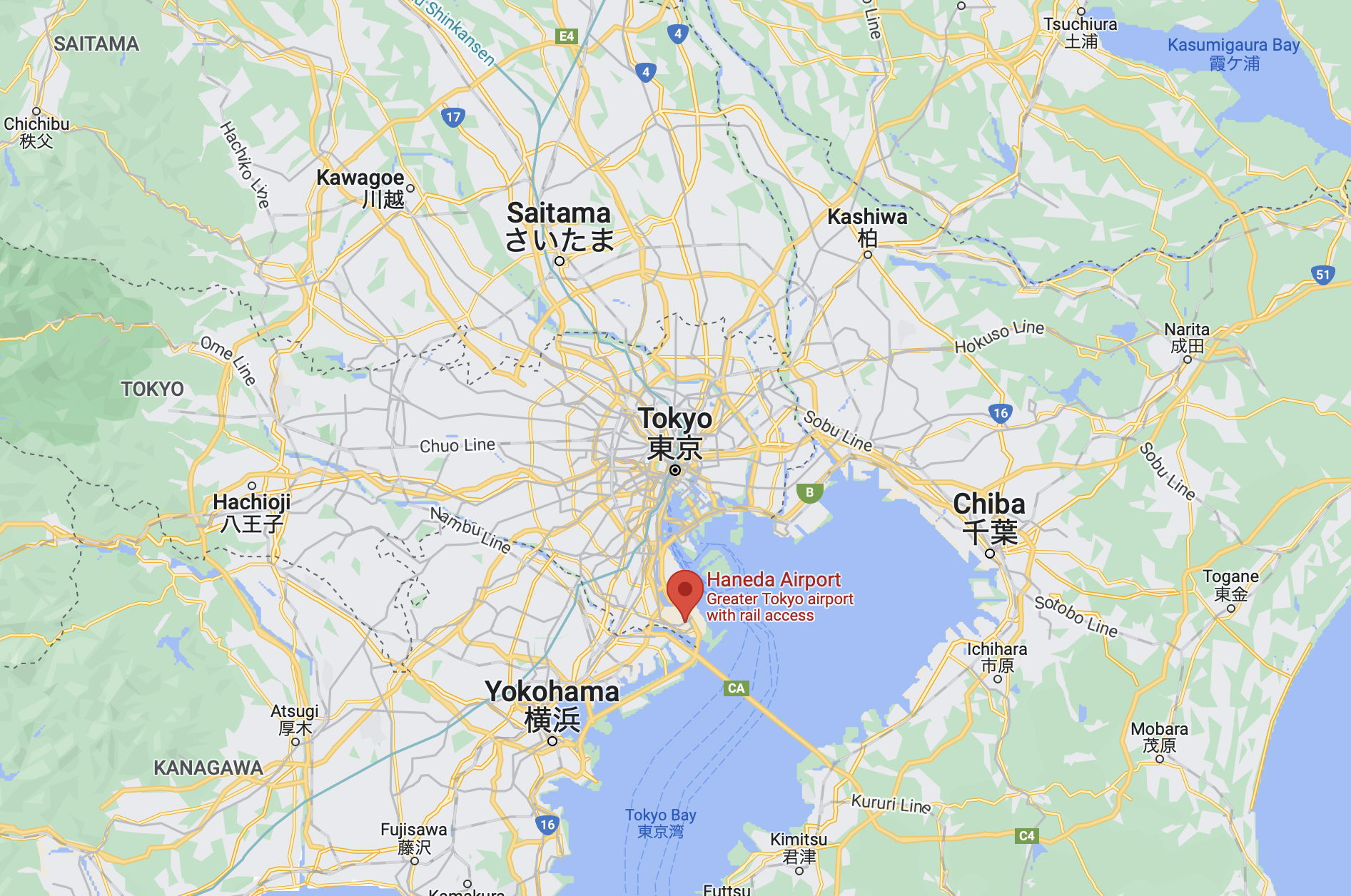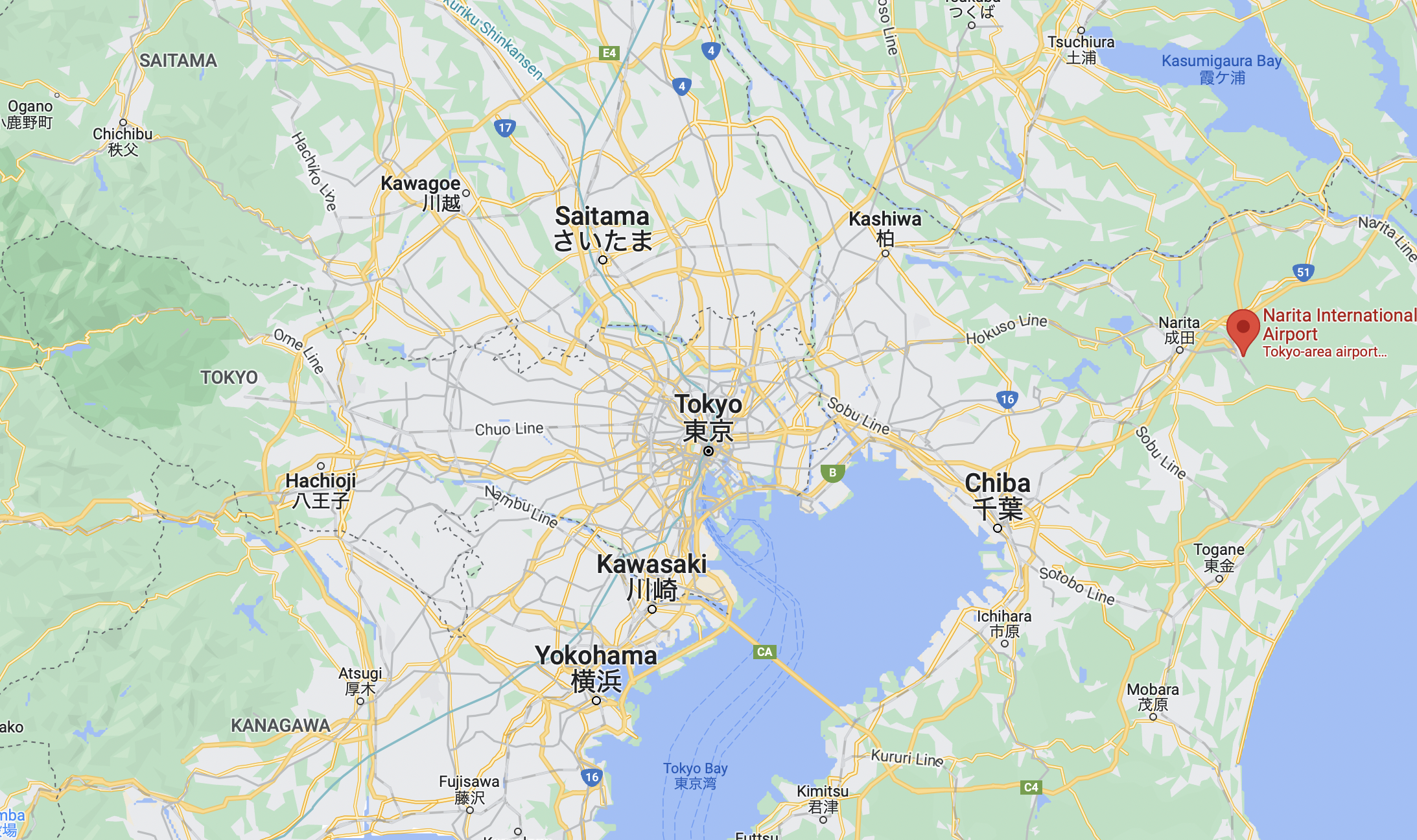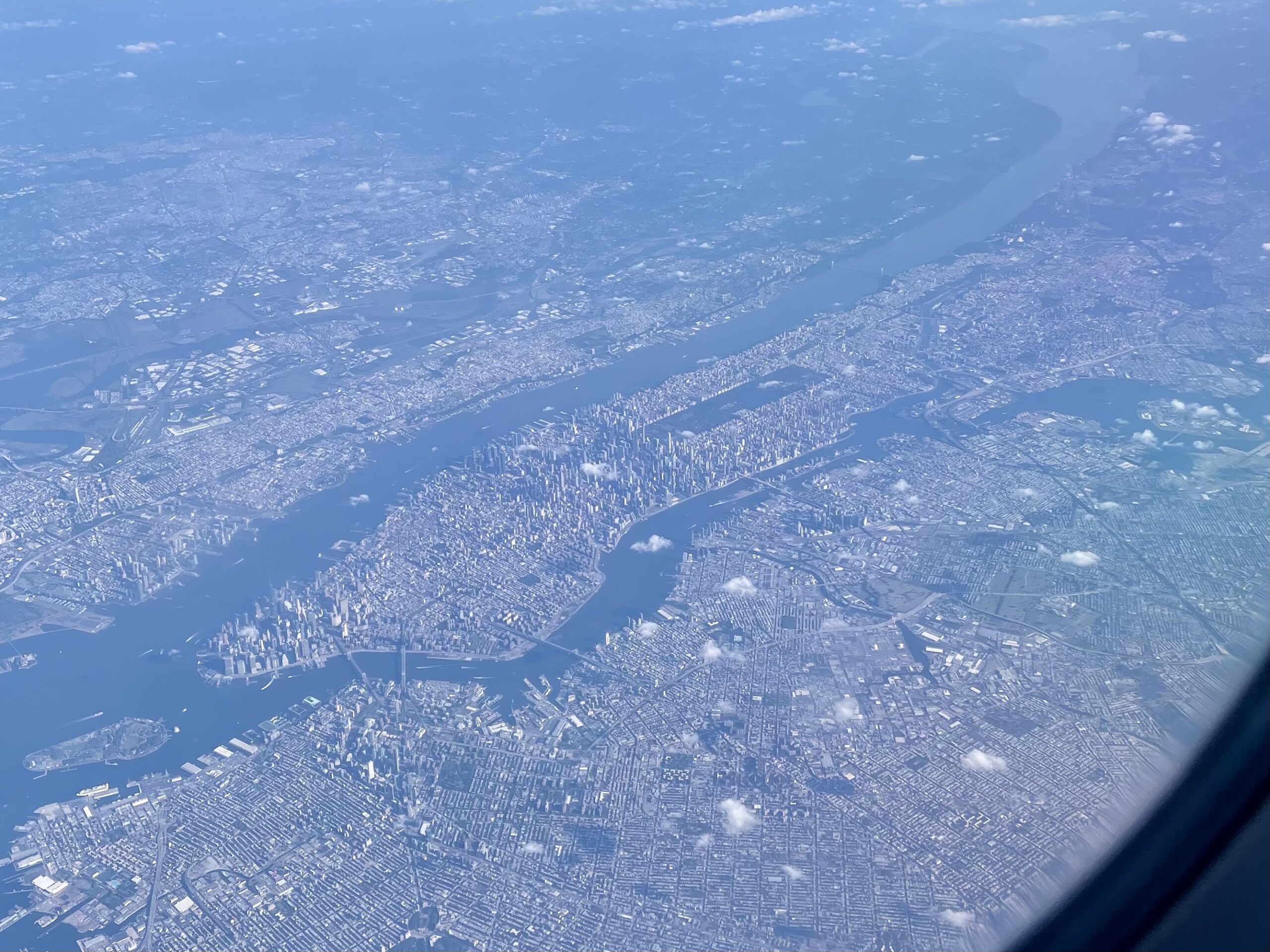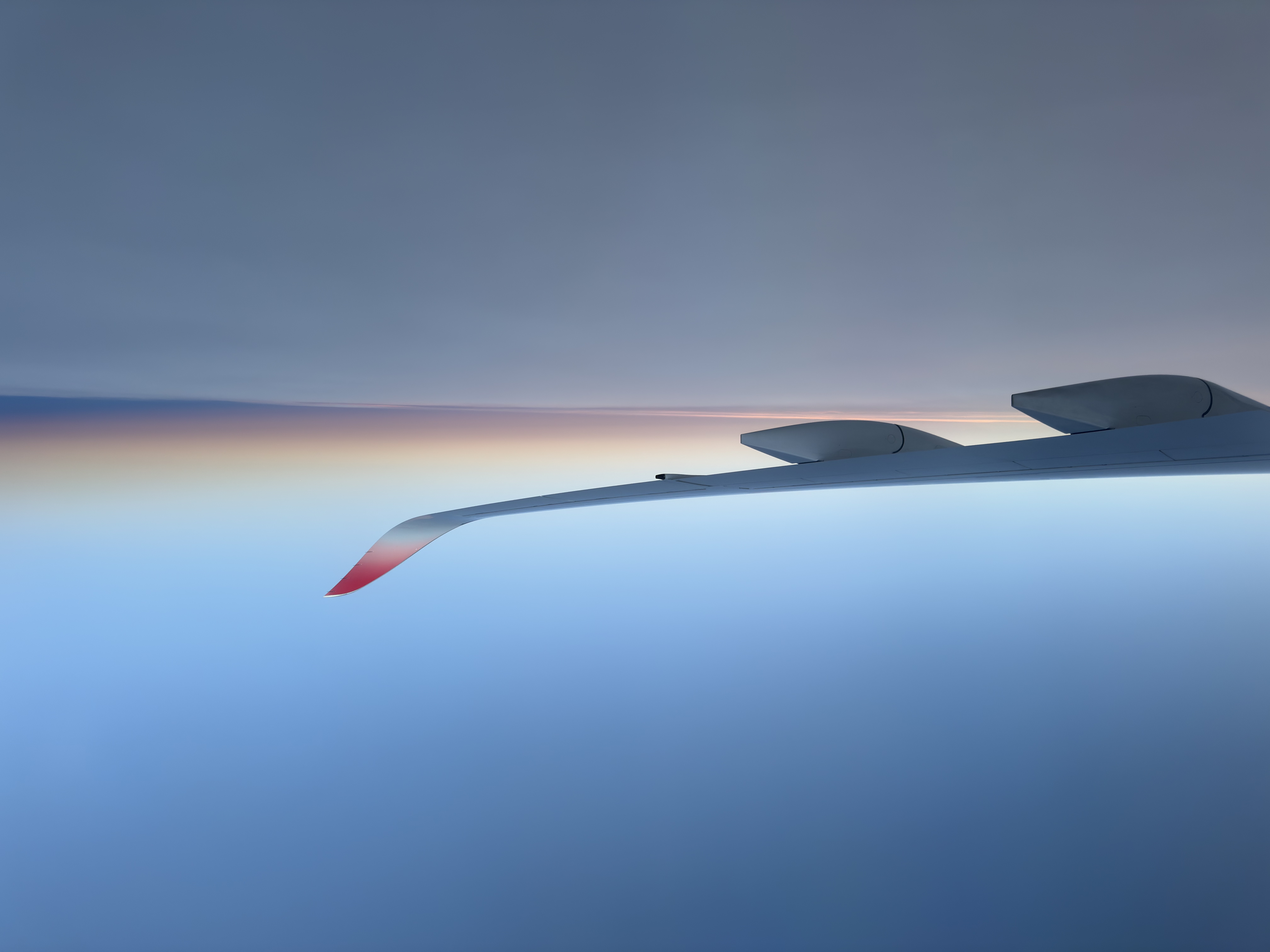Tokyo is served by 2 major airports: Haneda and Narita. This can make the flight booking process confusing for some, or make the trip to and from the city confusing. Whether you have an upcoming trip to Japan or you’re here out of curiosity, keep reading for my thoughts on these two airports!
Access to the City

Japan is well known for their precise and extensive public transportation. No matter which airport you end up in, you will still be greeted by their trains, buses, and other modes of transit. Based on pure distance, however, Haneda airport is much closer to central Tokyo. For the sake of this post, I’m going to define “Central Tokyo” as Tokyo Station.
Here’s a look at a couple maps. We can clearly see the difference in distance with the two airports.
Here’s a quick breakdown:
| To Tokyo Station | Haneda Airport | Narita Airport |
| Train | 30 minutes by Tokyo Monorail and Yamanote Line Cost: 660 yen | Keisei Skyliner and Yamanote Line: 55-65 minutes Cost: 2730 yen Narita Express: 50-55 minutes Cost: 3020 yen |
| Drive | Distance: 18km / 11mi Time: 15-30 minutes | Distance: 67km / 43mi Time: 50-90 minutes |
| Taxi | Cost: 6000-7000 yen Time: 15-30 minutes | Cost: 20000+ yen Time: 50-90 minutes |
In this case, we can see how Haneda is a much better option to reach our destination. In addition to the longer travel time, going into the city from Narita costs more.
Haneda
In almost all cases, Haneda will be your better option when flying into Tokyo. In addition to its great location, passengers will notice many restaurants and other amenities serving the airport. Terminal 3 is a fairly new building that handles international departures and arrivals, and many shops and restaurants can be found inside and outside security. Both ANA and JAL show off their best lounges here too.
Previously, Haneda airport had been primarily for domestic flights, while Narita handled almost all of the international flights. With the expansion of the international terminal and parts of terminal 2 now able to handle international flights, many airlines are shifting focus. Delta, for example, now operates fully from Haneda, and the two main Japanese carriers have a good portion of their flights takeoff from here as well.
On the other hand, one weakness of Haneda is that it doesn’t have a designated train that connects itself to the city. Taking the train from here means getting on a regular commuter train, then having to make multiple transfers, which can add time.
Related: Limousine Bus From Haneda Airport, A Full How-To Guide
Narita
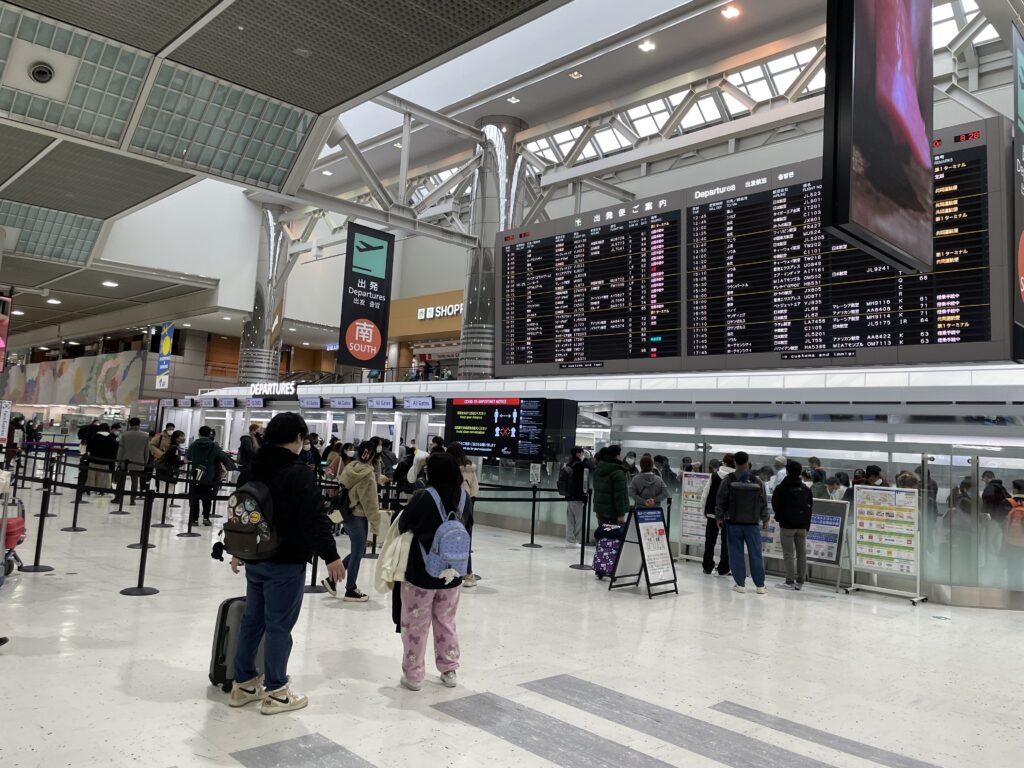
Despite being far out from the city, that’s not to say Narita is a bad option. To combat the distance, trains take passengers to the city in a little less than an hour at most. The Keisei Skyliner takes just under 40 minutes to a Yamanote line station with a maximum speed of 160kmh / 100mph.
The variety of airlines also brings many great airline lounges. JAL and ANA have their best to offer. United has its own United Club lounge, American Airlines has an Admirals Club, and Cathay Pacific, Emirates, and Korean Air all have their own serving the airport.
Finishing Thoughts
Both airports have their strengths and weaknesses. Haneda, as a general rule, is the better option of the two, but with some exceptions. Narita still has a ton to offer and can in fact be the quicker trip to your destination, thanks to the good network of trains. As both airports undergo change, and as Tokyo’s transit system continues to develop, the relationship between these two airports will certainly be something to keep an eye on.



